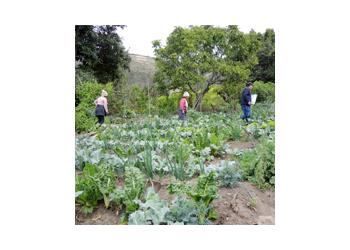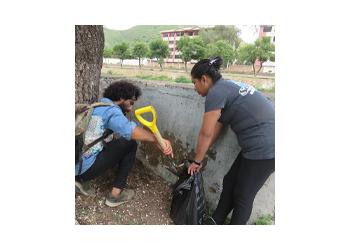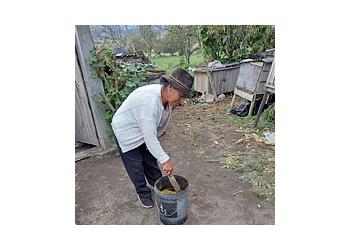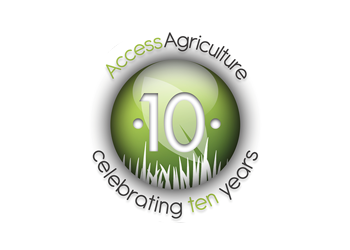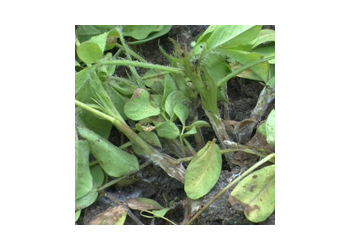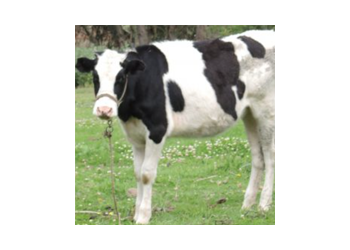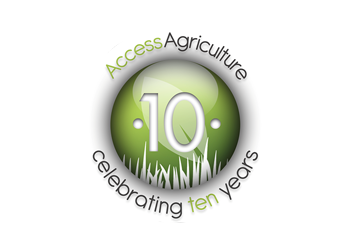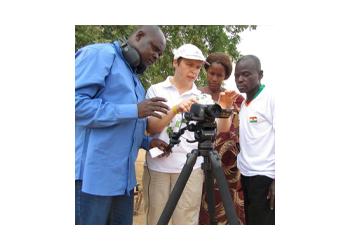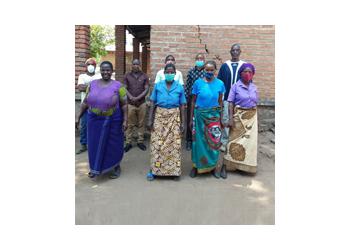Blogs
Marketing as a performance
Some 30 years ago, eminent anthropologist Paul Richards described the practices of smallholder farmers as a type of performance, similar to theatre or a musical act. Farmers acquire skills and competence through practice, rehearsal and improvisation. I have recently learned that the same applies to the marketing of farm produce.
In the Ecuadorean Andes, SWISSAID has been supporting women’s associations for 12 years to strengthen their skills on ecological farming. They taught farmers to produce various types of compost, including with manure of guinea pigs, as well as liquid…
Encouraging microorganisms that improve the soil
I learned from Ing. Abrahán Mujica how you can culture your own microorganisms, using some simple equipment and a few inexpensive ingredients. Abrahán showed me and a small group at his agroecology course that you can start by collecting some leaf litter. We gathered the leaves and topsoil from the base of two or three molle (Schinus mole) trees in the city of Cochabamba.
We put some 5 kilos of leaf litter and black soil on a plastic table. We added a kilo of raw sugar and a kilo of bran (rich in proteins), to feed the microorganisms, and just enough water to turn the mix to a…
A beautiful experience with a service that promotes sustainable agricultural practices: Why it is worth celebrating
Guest blog dedicated to Access Agriculture 10th Anniversary
It is no secret that a picture is worth a thousand words. That's why I am taking this shortcut to show to you some of our best experiences of using training videos from Access Agriculture (www.accessagriculture.org), which is the leading platform for promotion of sustainable agricultural practices.
This great experience has not only been beneficial to me both personally and professionally, but also to a large number of people…
Good microbes from South Asia to South America
Lifeless soil, worn out by years of tillage and chemical fertilizer, can be brought back to good health with the help of beneficial micro-organisms. A video on that topic, “Good microbes for plants and soil”, tells how to make a liquid, which is rich in beneficial microbes, that you can apply to your soil and crops. It was filmed in India and is now available in 23 languages, including Spanish.
Diego Mina and Mayra Coro are researchers working closely with smallholder communities in the province of Cotopaxi, Ecuador, where they showed the Spanish version of the microbe video to…
Knowledge of sustainable agriculture at your fingertips
Guest blog dedicated to Access Agriculture 10th Anniversary
Traditionally, inadequate delivery of agricultural support services has been, and still is, a major challenge in most parts of the world.
Since 2012, Access Agriculture has reached out to more than 90 million farmers, and is striving to reach more farmers globally, promoting agroecological principles and rural entrepreneurship through capacity development and South-South exchange of quality farmer-to-farmer training videos.
Access Agriculture facilitates the dissemination and screening of…
Good fungus for healthy groundnuts
Diseases need to be cured; this is true for people, animals and plants. In plant protection, fungicides are probably more readily seen as acceptable than insecticides, which are well known to harm the ecosystem, bees, birds and people.
But plants can be protected without chemicals, as people from the M.S. Swaminathan Research Foundation (MSSRF) in India are showing in their gradually growing series of farmer-training videos.
Their latest farmer-training video on root and stem rot in groundnut nicely shows how beneficial fungi like Trichoderma can control root and stem rot…
Kicking the antibiotic habit
Humanity may be on the verge of a scary new world where antibiotics no longer work. An infected wound, for example from a scratch on a rusty nail, could be potentially fatal. Surgery would become much riskier. Common diseases such as tuberculosis would once more threaten the lives of millions.
The problem is that some disease-causing bacteria are resistant to antibiotics. The more antibiotics are used, the sooner these resistant bacteria are selected and the quicker they multiply. Over-prescription and the indiscriminate use of antibiotics are the main causes of the current crisis…
A decade of innovative farmer learning using video
Guest blog dedicated to Access Agriculture 10th Anniversary
Join us in celebrating Access Agriculture’s 10th Anniversary this year. I wish to describe this milestone as “a decade of innovative farmer learning,” achieved through the promotion of agricultural training videos in local languages, such as Yoruba -- my native language -- and Hausa, a language spoken by the Hausa people. Yoruba and Hausa are among the major languages spoken in Nigeria.
Access Agriculture is an international NGO that encourages the use of training videos to…
A common ground
Farmers need new ideas, and researchers need data. When these two professional groups meet in the framework of collaborative or participatory research, it is often not clear who has to evolve in what direction: do farmers need to learn about research protocols, systematically collecting and analysing data, or do researchers need new ideas from farmers to guide their research agenda?
When grantees of the McKnight Foundation from West Africa recently met in Montpellier, France, at a Community of Practice (COP) meeting to share experiences, it was refreshing to see how this network…
Reaping benefits of digital extension
The first cases of COVID-19 were confirmed in Malawi in early April 2020, and the numbers went up subsequently, leading to Government-instituted COVID-19 lockdowns, which disrupted almost all aspects of normal life in the country.
One of the most affected sectors by the lockdowns was agriculture, as contacts between extension workers and farmers were drastically reduced. This aggravated farmers’ problems, as even in pre-COVID times, the ratio of extension workers to farmers was already lower than it should have been.
One of the farmer groups that faced lots of difficulties…

